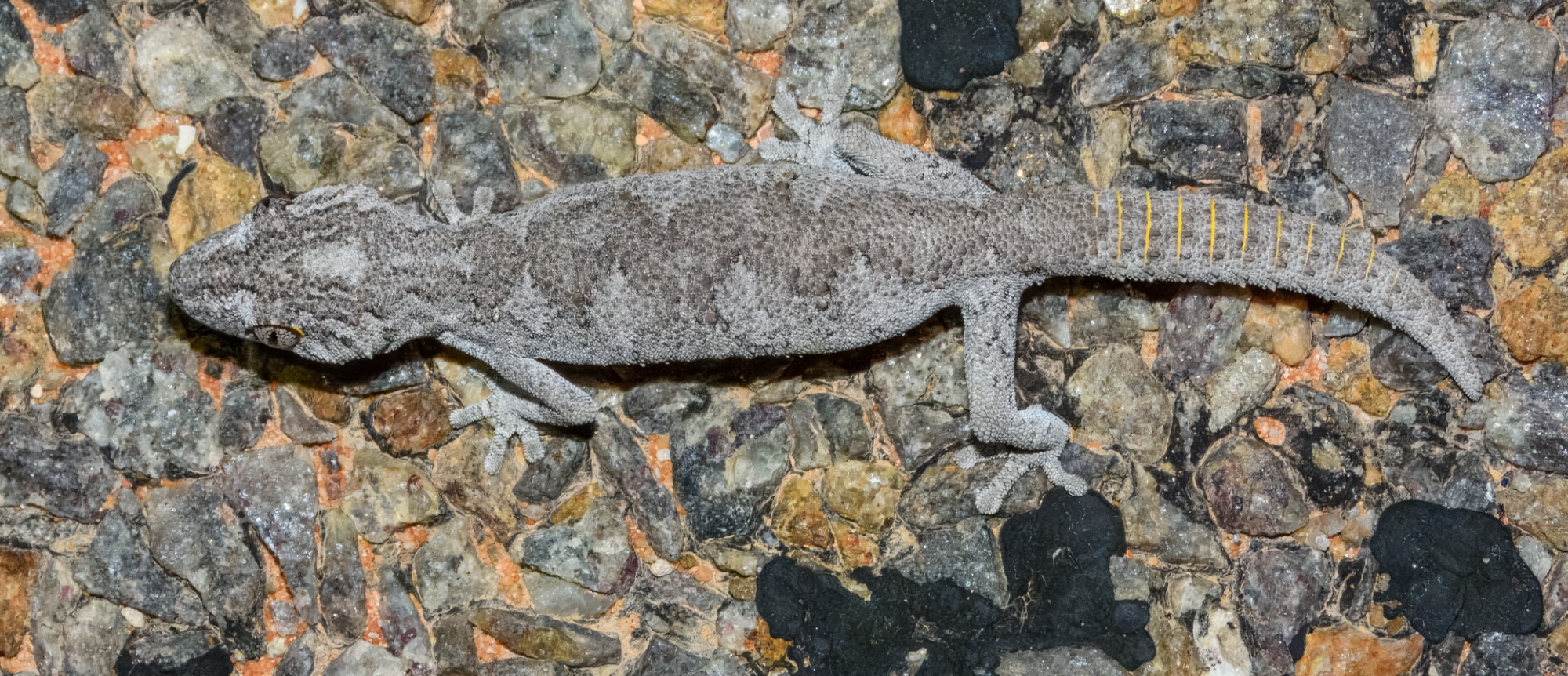
Conservation zone planning
The conservation zone planning research focuses on spatial planning to protect biodiversity and ecosystems. It develops data-driven strategies to balance conservation with land-use demands, aiding policymakers and land managers in creating sustainable, science-based environmental protection plans.
About
The discovery and documenting of species, particularly the detection of cryptic species and the use of phylogenetic diversity to identify stable habitat refugia and biodiversity hotspots, will provide valuable information for decision-makers who need to compare and conserve biodiversity across space and time.
For information on Australia's biodiversity policies see the Department of the Environment and Energy:








